Search
Search Results
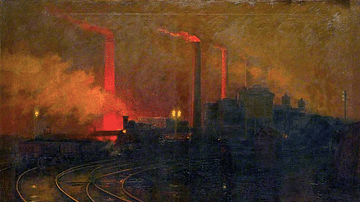
Definition
British Industrial Revolution
The British Industrial Revolution (1760-1840) brought innovative mechanisation and deep social change. The process saw the invention of steam-powered machines, which were used in factories in ever-growing urban centres. Agriculture remained...

Article
Child Labour in the British Industrial Revolution
Children were widely used as labour in factories, mines, and agriculture during the British Industrial Revolution (1760-1840). Very often working the same 12-hour shifts that adults did, children as young as five years old were paid a pittance...
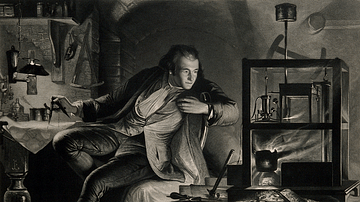
Article
The Steam Engine in the British Industrial Revolution
Steam power was one of the most significant developments of the Industrial Revolution (1760-1840) in Britain. First invented as a pump in the 1690s, a host of inventors tweaked designs and tinkered with machinery until an efficient and powerful...
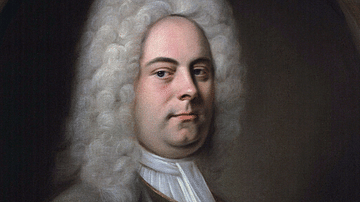
Definition
George Frideric Handel
George Frideric Handel (1685-1759) was a composer of baroque music who was born in Germany but became an English citizen. His most famous works include his Messiah, Water Music, baroque Italian operas, and English oratorios. A hugely successful...
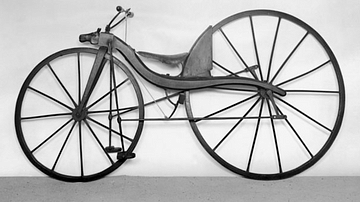
Image Gallery
A Gallery of 30 Industrial Revolution Inventions
The Industrial Revolution, usually dated from around the mid-18th century to the mid-19th century, brought an extraordinary array of inventions that changed industry and society alike. Most inventions were collaborative affairs where inventors...
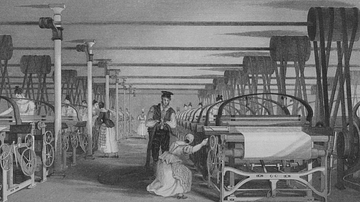
Article
The Textile Industry in the British Industrial Revolution
During the Industrial Revolution (1760-1840), textile production was transformed from a cottage industry to a highly mechanised one where workers were present only to make sure the carding, spinning, and weaving machines never stopped. Driven...
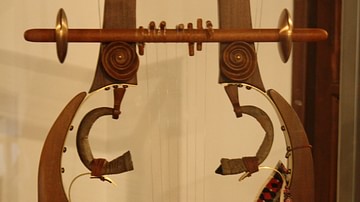
Definition
Ancient Greek Music
Music (or mousike) was an integral part of life in the ancient Greek world, and the term covered not only music but also dance, lyrics, and the performance of poetry. A wide range of instruments was used to perform music which was played...
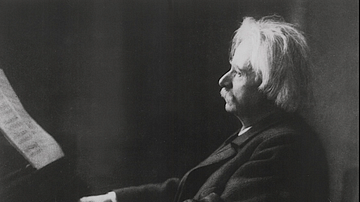
Definition
Edvard Grieg
Edvard Grieg (1843-1907) was a Norwegian composer known for his songs, piano music, and the Peer Gynt suites. The composer was famous in his own lifetime, touring extensively to play and conduct his own works across Europe. Grieg's Romantic...

Video
Introduction to the British Industrial Revolution
Did you know that the industrial revolution in Britain is referred to as the first industrial revolution, since that is where it happened first? The British Industrial Revolution was a period of both innovative mechanisation and deep social...
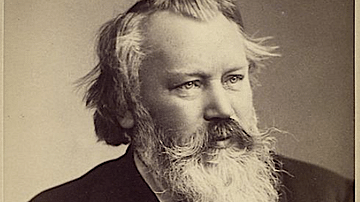
Definition
Johannes Brahms
Johannes Brahms (1833-1897) was a German composer of Romantic music best known for his symphonies, songs, and orchestral, chamber, and piano music. A great student of the history of music, Brahms was convinced that only by working within...